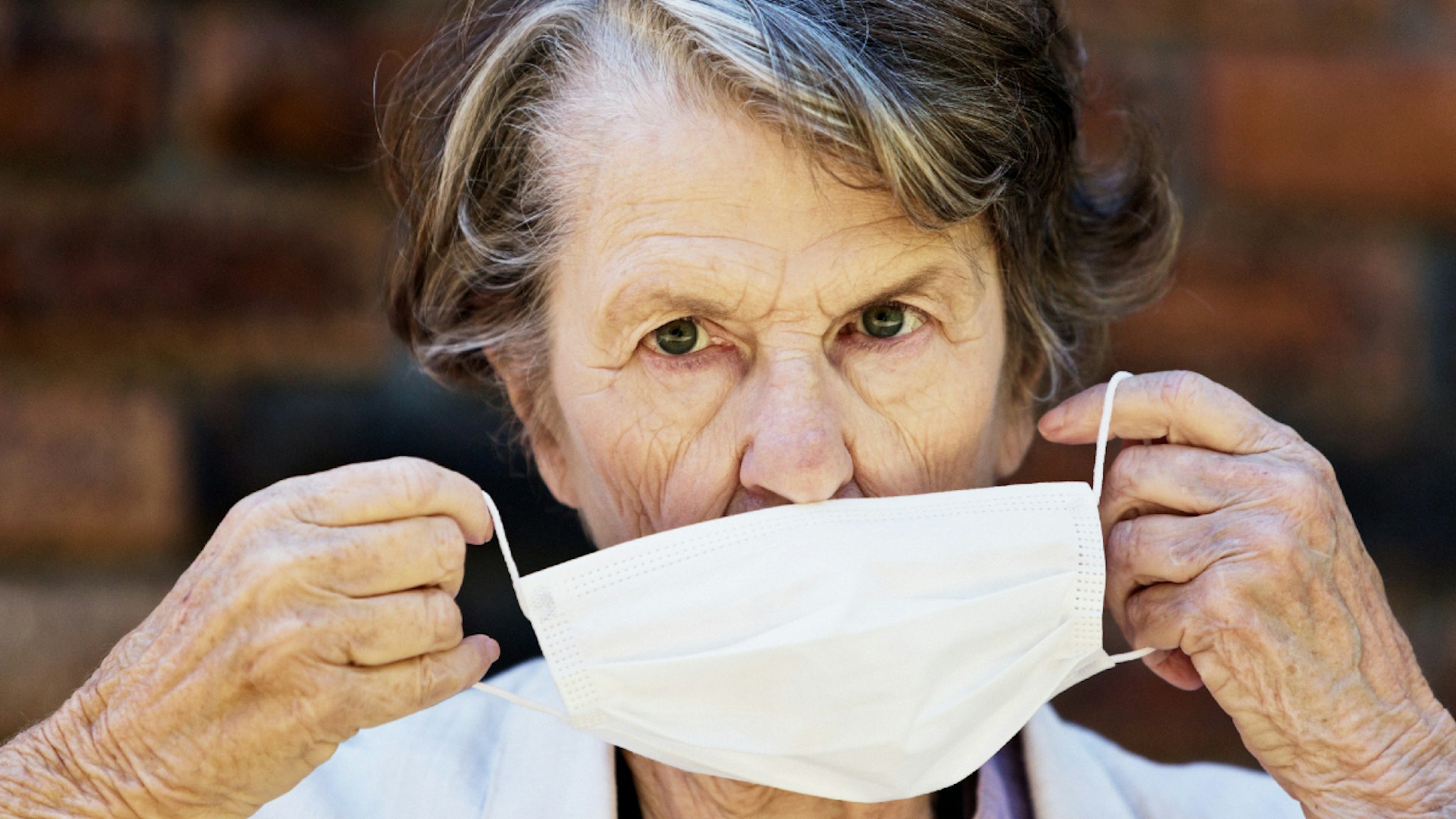A New York Times reader and grandparent recently wrote to the paper’s ethicist —Kwame Anthony Appiah – seeking advice as to whether or not it was ethically appropriate to “disinherit” the reader’s adult children due to their conservative views and disbelief in the efficacy of “the vaccine” as well as their speculation that the 2020 presidential election was stolen.
Appiah essentially said, “Go for it” — but not to think of it as a way to get back at her offspring.
No, the Times writer said the reader should give the money to the granddaughter instead because the children may spend her money on “destructive” right-wing causes.
In the grandkid, there is hope that she will rebel against her parents’ political beliefs, he argued.
The unnamed reader wrote to the Times columnist seeking guidance. Part of the problem, you see, is that the reader’s daughters “get all their information from the internet and don’t read the mainstream press.” That has caused political polarization within the family.
“Even though my daughters grew up in a very progressive household, they have embraced the opposite political side from me,” the worried reader said.
“One of my daughters also does not believe in the vaccine and did not have my granddaughter vaccinated,” the reader lamented. “I do not discuss politics with them any longer.”
“The worst thing of all to me is that they believe the election was stolen,” the writer stated.
It seems that the writer is also concerned for the well-being of the granddaughter. “My granddaughter hears all the talk in her family, and I feel sure she believes she is hearing the truth,” the letter said at one point.
“I am distraught by this and have considered changing my will and leaving it all to a good cause,” the reader closed the letter.
In response, Appiah at first sounded as if he were going to offer some reasonable advice saying that the reader’s children are not necessarily evil, they may just not have all the facts. It sounded as if he was going to say their political differences were not a “moral” issue for the family and perhaps provide guidance for how to mend the relationship.
“We can acknowledge that we’re all prone to tribalism (and that we all have false beliefs) without lazily supposing that the different positions are epistemically and morally equivalent,” Appiah said.
“I’m on your side — and, when it comes to the particulars you mention, so is the evidence,” the columnist virtue signaled.
“Biden did win the election; Covid vaccines are remarkably safe and effective at preventing severe illness,” he stated.
The columnist then blamed conservative media for allegedly pushing falsehoods and causing the division in the first place due to “tribalism” and “allegiances” to opposing political views:
What’s clear is that your errant offspring have acquired the views that accompany certain identities or group allegiances, and that, by trusting unreliable sources, they have been led into error. That makes them wrongheaded; it doesn’t make them wicked. What’s more, our close relationships have many facets. A woman I know in your situation does what you do: She avoids talking politics with her far-right progeny. It’s not always easy, but there are plenty of other things to talk about.
And then came the “advice,” undoing anything of value Appiah had to offer.
“So don’t change your will because you’re angry and upset with your prospective heirs,” he argued. “A better reason is that people with their views are doing a great deal of harm.”
The Times columnist warned that the money could end up in the wrong hands, but that maybe the granddaughter could put it toward progressive efforts:
Even if your daughters are, in some sense, more sinned against than sinning, you could reasonably worry that putting resources in their hands will allow them to support destructive causes.
Here’s a proposal: Why not leave some money for your granddaughter to use when she reaches adulthood — she might very well defect from her mother’s political orientation, as her mother defected from yours — and give the rest to causes you care about, perhaps including ones that are working to fortify voting participation and strengthen effective public health education.
It’s your estate. You raised your daughters, which is what you owed them. Anything you do beyond this is up to you. But don’t think of your updated will as a way to punish them for their mistaken beliefs. Think of it as taking measures to prevent your assets from being used to bad effect.
Another way of looking at Appiah’s advice is to put your daughters’ politics over your unconditional love for them and cut them out of the will for something they may or may not do in the future.
Does that make any sense? It does not, but neither does writing into the Times for guidance on how to divvy up your family fortune over political debates about COVID-19 and a presidential election.
The views expressed in this piece are the author’s own and do not necessarily represent those of The Daily Wire.

